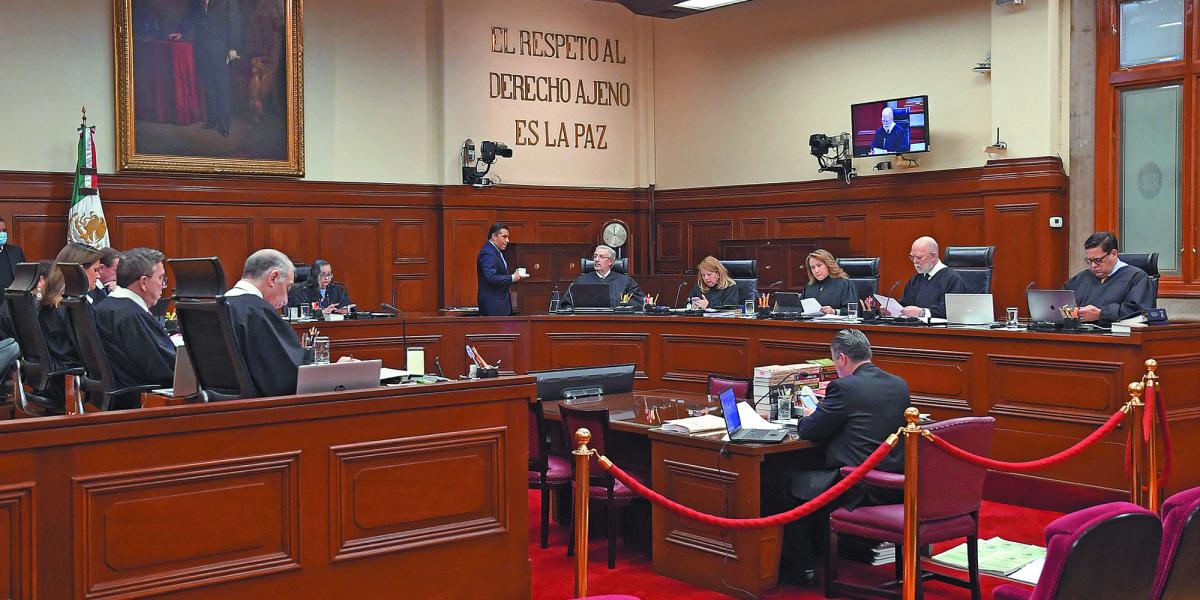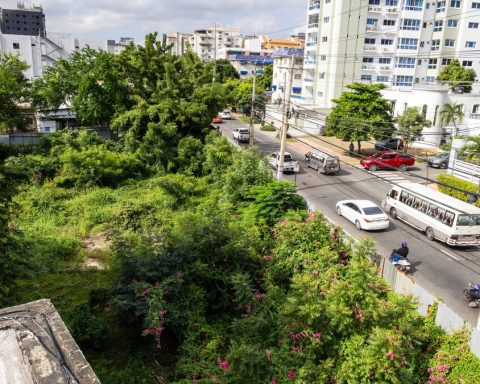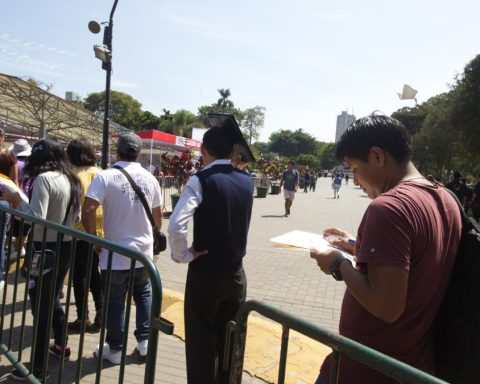The plenary session of the Supreme Court of Justice of the Nation (SCJN) rejected, by a majority of eight votes against three, to resolve that it is clearly inadmissible to open a consultation file to determine whether the constitutional reform of the Judiciary violates the principle of division of powers. powers, among other constitutional values.
Considering that various lawsuits filed by judges and magistrates were left without matter, it was also determined that it will be until the substance of the problem is analyzed, based on the Organic Law of the Judicial Power of the Federation, when it is resolved whether it is appropriate to grant precautionary measures such as suspend the aforementioned reform that establishes the election of ministers, judges and magistrates by popular vote.
Of the six pending consultations addressed by the country’s highest constitutional court, three projects were formulated by Yasmín Esquivel Mossa in the sense of dismissing the complaints as inadmissible, and the rest by Lenia Batres.
The three Esquivel Mossa projects for which he proposed rejecting the petitions because he considered them inadmissible, were rejected by the ministers Alfredo Gutiérrez, Juan Luis González Alcántara, Luis María Aguilar Morales, Jorge Pardo, Margarita Ríos Farjat, Javier Laynez, Alberto Pérez Dayán and the President Piña, and only supported by Loretta Ortiz Ahlf, Lenia Batres and her.
In the last case, under the presentation of Batres, the ruling consisted of returning “the records” to Norma Piña, president of the Court, so that “taking into account what was determined in this resolution, specifically that, as to The original matter has been left without matter, provide what is relevant.”
When substantiating his first draft consultation to be processed, Esquivel Mossa explained that although the consultation formulated for the Court to determine what procedure will be issued is appropriate, what was requested is clearly inadmissible and therefore must be discarded.
Once the project was rejected, the matter was turned over to a majority minister, among the eight who voted against, to prepare the corresponding proposal as approved.
From the perspective of Ortiz Ahlf, who supported the aforementioned project, the attribution of section XVII of article 11 of the Organic Law of the Judicial Branch of the Federation does not cover the resolution of any controversy, but only those that originate within the Branch. Judicial.
González Alcántara spoke out against it because, he explained, as proposed last Thursday in the consultation project for processing 4/2024, which was approved, the requests from justice providers in the sense that the Court exercise a kind of constitutional control Regarding judicial reform, they can be processed and processed based on section XVII of article 11 of the Organic Law of the Judicial Branch of the Federation.
“In addition to the above, it seems to me that the jurisprudential line stated in the project is not completely complete, much less that the debate on the possibility of subjecting the reforms of the fundamental text to constitutional control is definitively closed,” accurate.
For Aguilar Morales, the aforementioned controversy over Article 11 “is an authentic means of constitutional control that can be activated to protect the independence and autonomy of the Judicial Branch of the Federation.”
Of the six pending consultations addressed by the country’s highest constitutional court, three projects were formulated by Yasmín Esquivel Mossa and the rest by Lenia Batres.

















